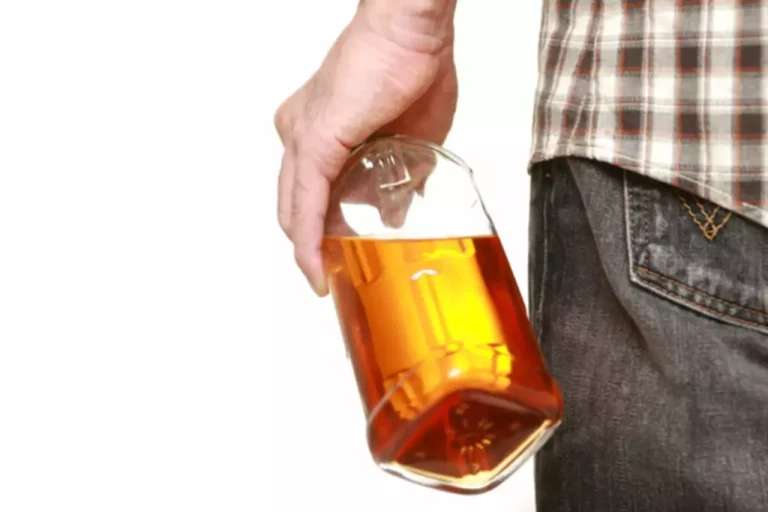15 Signs Your Body Is Telling You You're Drinking Too Much

White wine tends to contain higher levels of sulfites than red wine and beer. Normally your body produces an enzyme called diamine oxidase (DAO) to break histamine down. If your body doesn’t produce enough active DAO, you may react to histamine in foods and beverages. Aldehyde dehydrogenase (ALDH2) is an enzyme that your body uses to digest alcohol. It turns alcohol into acetic acid, a main component of vinegar, in your liver.
Reasons Why We Sneeze and How to Manage It
Once the nerve signals reach the medulla, the brain initiates a physical response. You close your eyes, take a deep breath, relax the muscles in your throat, and then force air, saliva, and mucus out of your nose and mouth. Some people may also experience night sweats due to alcohol withdrawal syndrome or alcohol intolerance. In this guide, we’ll explore 15 short and long-term signs that you’re drinking too much, including symptoms that don’t necessarily involve a hangover.
- It's pretty normal to feel ropey the day after drinking alcohol (especially as so many of the most popular hangover cures are actually myths, sorry).
- Acquiring proper information about this involuntary phenomenon can help in diagnosing other related ailments.
- Whether you rarely sneeze or you’re frequently reaching for tissues, it’s important that you practice proper sneeze hygiene.
- “Most reactions are mediated by a histamine pathway and it behaves like any allergy,” Dr. Luiza Petre, M.D., a cardiologist, tells Bustle.
Treatment
And yes, you may feel great and energized upon waking up—but that doesn’t mean you didn’t have too much to drink the night before. If you feel sick as soon as you finish your drink, your body might not be able to process alcohol. This article is not intended to be a substitute for professional medical advice or diagnosis. Always seek the advice of your physician or other qualified health provider with any questions you may have regarding a medical condition. An alcohol allergy can occur when a person with an alcohol allergy comes into contact with alcohol, which is also known as ethanol.

General Health

If you have an intolerance or Substance abuse sensitivity to any of these ingredients, you’ll likely react to drinking beer. This effect can also make you feel hot when you drink alcohol, but it can also lead to short-term nasal congestion. The blood vessels around your nasal cavity can expand, making it a bit more difficult to breathe normally. In some cases, reactions can be triggered by a true allergy to a grain such as corn, wheat or rye or to another substance in alcoholic beverages.
Hodgkin lymphoma
- An endoscope, which is a flexible tube with a light and a camera, is used to inspect the septum and lateral nasal wall for any deformity.
- Depending on the allergy severity, a person may treat symptoms with over-the-counter medications, such as oral antihistamines, if the reaction is mild.
- Research reviews have also listed alcohol as a culprit for triggering migraine attacks.
- When you feel a tickle in your nose, it's likely due to a foreign body entering your sinuses.
- Once the nerve signals reach the medulla, the brain initiates a physical response.
The CDC recommends covering your mouth and nose with a tissue when sneezing and then disposing of it immediately. Our sneezing activity may see an uptick when we experience allergies or a cold, but Dr. Mynes points out that we can also experience a good old gesundheit for lesser-known reasons. But what actually happens in our bodies that produces these blasts of air, sometimes with little to no warning? There are a lot of factors that come into play, so we asked the experts to break down the anatomy of a sneeze. Also, check out these 12 weird facts you never knew about sneezing.
Final Thoughts on Why You Get a Stuffy Nose After Drinking
For example, if a bacterial infection causes sneezing, a provider may prescribe antibiotics. If they suspect that sneezing is a symptom of allergies, they may recommend allergy testing to confirm your diagnosis and recommend appropriate treatment. To treat sneezing, healthcare providers will treat the underlying issue.
- If you experience a mild allergic reaction, over-the-counter oral antihistamines may be enough to treat it.
- Sneezing can be annoying, inconvenient and (in some cases) embarrassing.
- Just like wine, beer has a lot of ingredients that can make someone react negatively.
- Hodgkin’s lymphoma is a type of cancer that can affect your lymphatic system.
- If you experience any of these symptoms after drinking, talk to your doctor about the best way to move forward.
Depending on your symptoms, they might refer you to an allergist for testing and treatment. An allergist is a special type of doctor that focuses on allergic conditions. People often call alcohol intolerance an alcohol allergy, and vice versa.

Sneezing helps eject foreign particles in the nose, such as pollen, dust, and sneezing when drunk other minute irritants, out of the body. This mechanism protects the lungs and other organs from being affected by such particles. If you’ve noticed any of the above symptoms, you may consider going cold turkey to improve your health. Alcoholic jaundice is usually found in the progressive, final stages of liver disease. Hence, seeking professional medical advice is crucial if you notice such symptoms.

Beer Sneezes: What Do They Mean?
Beer also contains histamines which could cause a reaction in some people, including sneezing and stuffy nose after drinking. Unfortunately, nothing can prevent reactions to alcohol or ingredients in alcoholic beverages. To avoid a reaction, avoid alcohol or the particular substance that causes your reaction. For many people, wine is the drink that causes them to sneeze. This is likely because wine contains histamines, which trigger allergies. If you’re allergic to wine, you may notice that you sneeze more after drinking it.

Komentariši